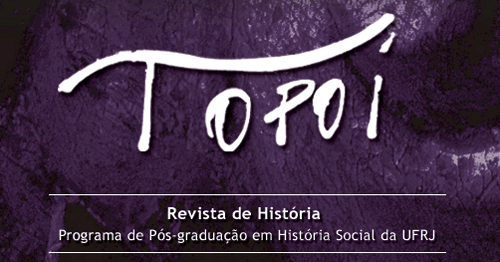ABSTRACT
This paper results of an investigation, based on journalistic sources, about the parades of Luanda’s carnival groups during the first half of the twentieth century. On the one hand, it analyzes journalists’ representations of the parades; on the other, it discusses how the participants chose to present themselves. Articulating these two objectives, we intend to discuss the issue of cultural hybridisms, demonstrating, with Néstor Canclini, Serge Gruzinski and Homi Bhabha as inspiration, the insufficiency of binary oppositions, such as colonizer and colonized, modern and traditional, for understanding colonial society. Problematizing the simplification of heterogeneous social universes in each of the above-mentioned poles, and considering the centrality of racism in defining possibilities, we demonstrate that the legal categories of Indigenous, European, and assimilated do not allow for an adequate understanding of the multiple experiences of individuals and groups of the city.
Keywords
“Indigenous Dances”; Carnival; Luanda; Colonialism; Modernity
